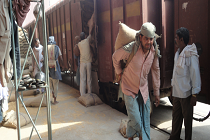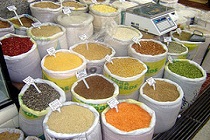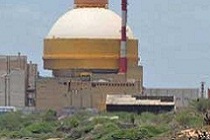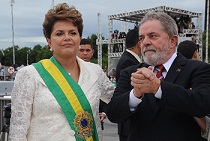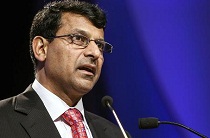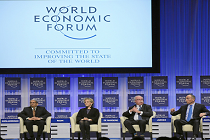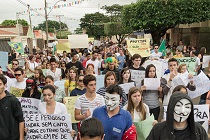WTO, sovereignty and trade
India's refusal to budge on food security has resulted in the World Trade Organization’s failure to reach the first multilateral trade agreement in the last two decades. Having taken a tough stand can India take the lead, among developing countries, in reframing the power equations of globalisation?

